This collection of essays by 17 contributors offers a broad, though Eurocentric, survey of issues involved in Asia’s emergence. The essays are uneven in quality, as might be expected. The best treatises break through the boundaries of conventional thinking about Asia to reveal new possibilities, challenges and implications. Even the mediocre essayists here manage to, at least, raise interesting questions for the attentive reader. Although the book is tricky to navigate due to the omission of bibliographical information for each author alongside his or her chapter, getAbstract thinks it is often stimulating, seldom dull and well worth tucking into your briefcase for perusal – for example, on a long flight to Beijing.
“Asia’s Potential as a World Power”
Asia’s unpredicted, unprecedented economic growth over the past few decades instills other world powers, such as Europe and the U.S., with “fear” – fear of losing out to low-cost competition, fear of losing access to natural resources, and “fear of losing power and influence.” Although Asia consists of vastly diverse countries (culturally, geographically, socially and politically), increased economic integration between its nations allows observers to “take a holistic look at Asia” and broadly discuss the continent as a single entity. Will Asia maintain its current growth rates in the future? How will its economic metamorphosis affect Europe and the rest of the world? Here’s what some of the leading experts on contemporary Asia think:
- “Demographic Dynamics of Asia” – “Demography is destiny,” claimed French sociologist Auguste Comte. If that is true, then Asia’s future role in the world economy holds vast potential: Asia is home to 60% of the world’s population. It houses the majority of the world’s consumers and manufacturers, and has an advantageous ratio of workers to dependents. However, Asia is in “demographic transition...
This volume is a collection of essays from experts in the fields of contemporary Asian economics, politics and society. Malte C. Boecker, an expert in international cultural dialogue and culture management, edited this book on behalf of Bertelsmann Stiftung, a German think tank.








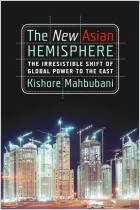
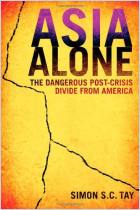
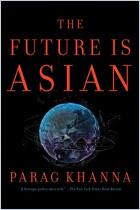
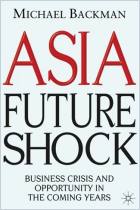
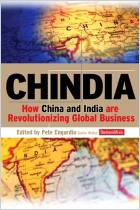
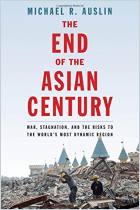



Comment on this summary or Comenzar discusión